Drama & Theatre Studies

I loved the small classes and the creative environment. I remember happily spending entire weekends in the photography studio. After RIC I was accepted at the Professional Conservatory of the Stella Adler Studio of Acting in New York. Looking back I think the most important thing that RIC taught me is to love the process of learning. Before RIC I had no will to go to school and no passion to study at all. I’m sure that if I hadn’t studied at RIC I wouldn’t be where I was now, I couldn’t even speak proper English before arriving!
Plot twists and turning points
Drama at RIC is taught from year 7 to sixth form and Star Hill is the perfect place for an aspiring actor to launch their career.
Many of our students each year proceed to study theatre and train as actors at some of the UK’s leading universities.
Backstage Pass: Dive into the Drama scene at RIC
At RIC, drama is all about bringing out the star in every student, building their confidence through physical and vocal exercises. Our Key Stage 3 students dive into the exciting world of improvisation, with a spotlight on Commedia dell'arte, physical theatre, and devising original pieces. We breathe life into texts by exploring Greek theatre, Shakespeare, and contemporary plays, turning every lesson into an adventure.
When they hit Years 10 and 11, our budding thespians follow the AQA GCSE syllabus. They get hands-on experience devising and directing their own works, inspired by various stimuli. They dig deep into texts and gain a real feel for the theatre by catching West End productions, soaking up the magic of different genres and production styles.
In Years 12 and 13, it's all about the Pearson's BTEC Extended Diploma in Performing Arts. Here, students get an insider's view of the industry, studying influential practitioners and their masterpieces. They explore the myriad roles within the performing arts, understanding how all the creative pieces fit together to make the magic happen.
But it’s not just about classes at RIC. We've got a repertoire of extracurricular activities to offer. We take over a professional theatre for our full school production, encouraging students to shine on stage or work their magic behind the scenes in the tech team, backstage crew, band, or even the marketing and promo squad. For those who crave drama in its purest form, we have a resident scriptwriter crafting original plays. And for anyone looking to polish their performance chops, we offer LAMDA classes to all students.
In short, if you've got a passion for performing, RIC is the place to be!
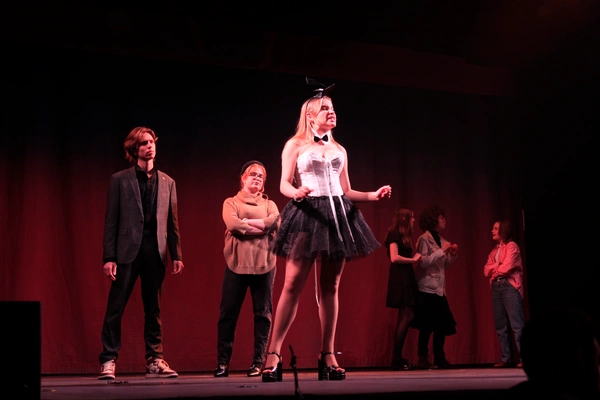
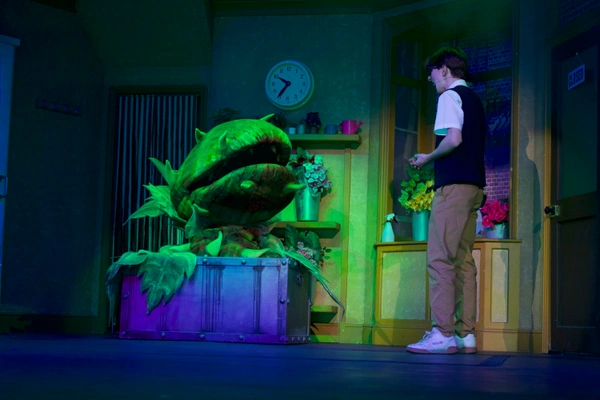
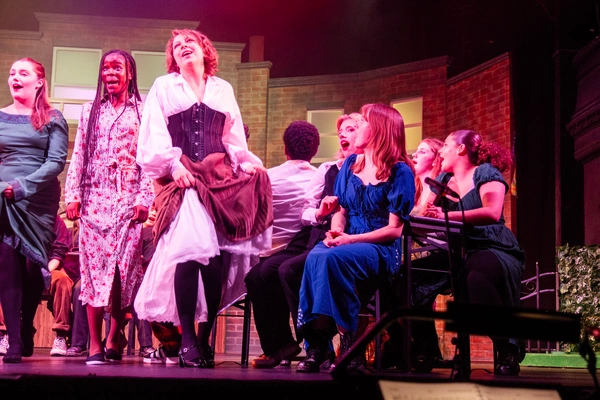
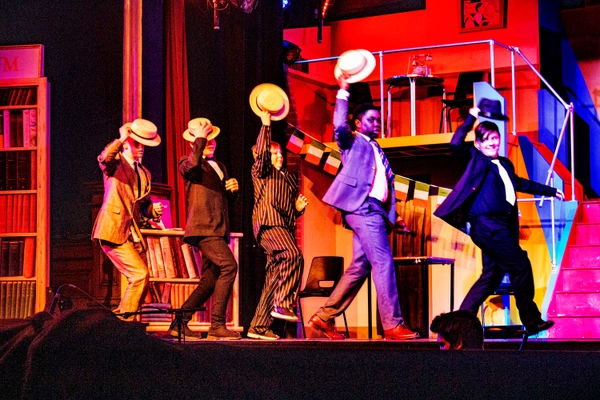
1 / 4
Rochester's Got Talent
At RIC we stage an annual full scale musical, using the fabulous Central Theatre Chatham so that our students perform and shine in a professional venue.
2024- Oliver
This year’s musical was, appropriately for Dickensian Rochester, Oliver! Packed with poignant and iconic songs, urban urchins, controversial rogues, a certain familiar cavapoo called Oscar in for Bill's Bullseye and more than a touch of Medway inspired menace we presented the RIC production of Lionel Bart’s musical. Our leads were a typically international cast- Daisy from year 7 as Oliver, Fillipo from Italy as Fagin and Gita from Croatia as Nancy. Music was from Andrei from Romania who dashed on and off stage from playing Mr Sowerberry. With 50+ students involved whether being on-stage, ensemble or tech, it has been our biggest theatre event so far! We were incredibly proud of our students involved, from Y7 to Y13, everyone contributed significant talent!
2023- Legally Blonde
Our international students are fully integrated into the life of the school. The lead in this year’s Legally Blonde show was Emma from Brazil who after a two year A level course with us went to study Drama at Regent’s University, London.
2022- Little Shop of Horrors
Musical theatre fans were relieved to find out that Audrey II the carnivorously succulent, R&B singing pot plant survived the pandemic. RIC showcased the talents of our students in ‘Little Shop of Horrors’ at the Central Theatre, Chatham in February 2022. It’s a spoof musical based on the 50s B-movie horror genre. One of our two Audreys, Mille Bevan is now studying Drama at Mountview after her first professional engagement for The Changeling Theatre Company in ‘School for Scandal’ and ‘A Midsummer Night’s Dream’ last year.
2019- Bugsy Malone
With an all student cast - and a wonderfully talented band made up of students and Maths teacher Rob - the College’s debut full-scale production Bugsy Malone was an infectiously brilliant gangland gungefest of a success.
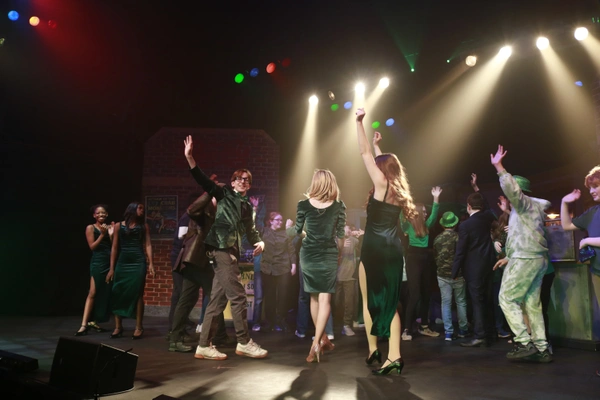
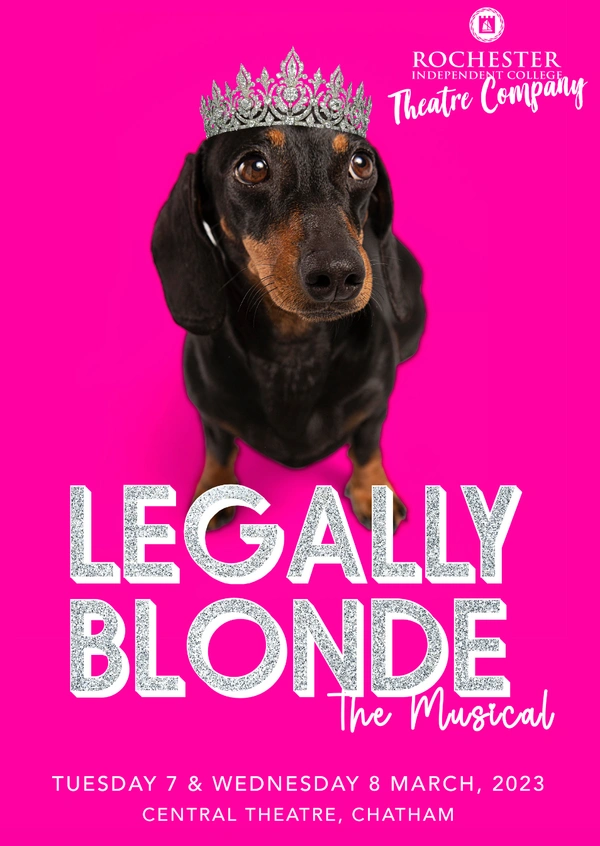
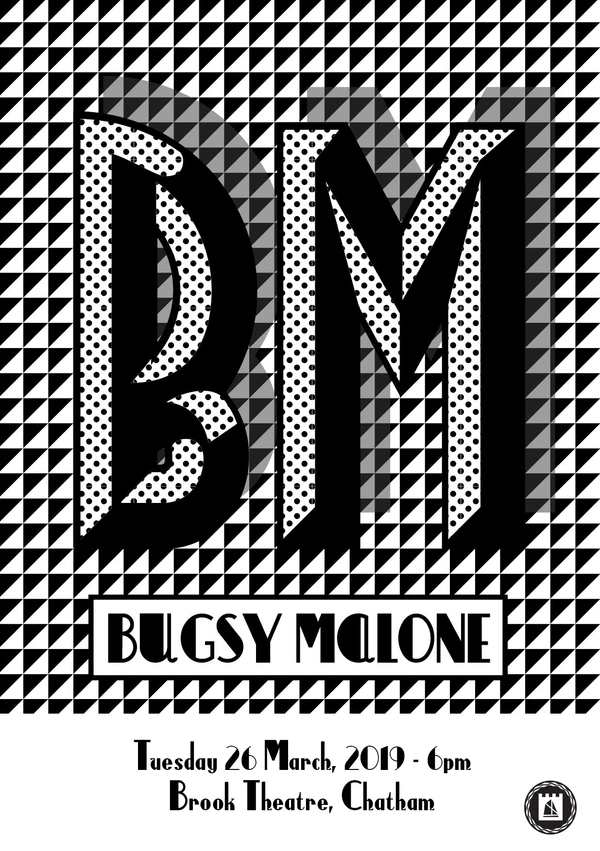
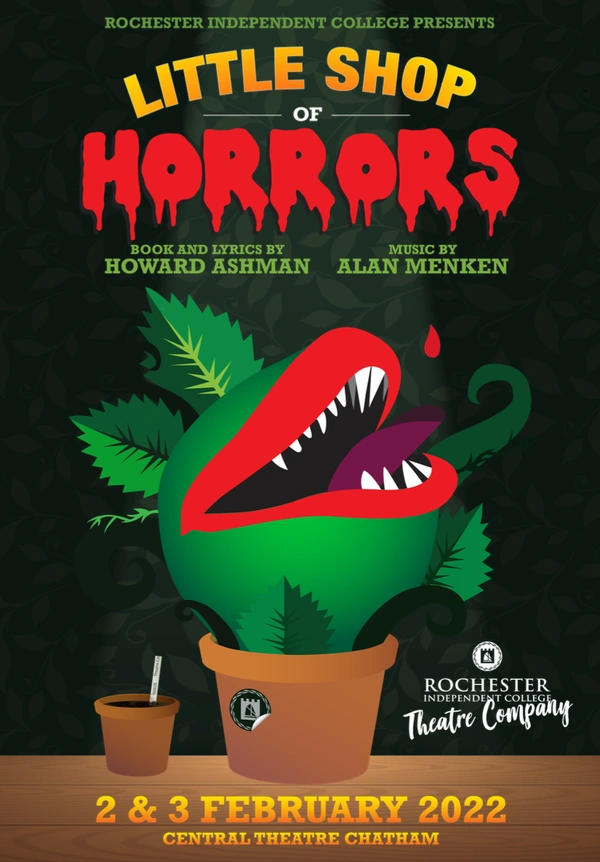
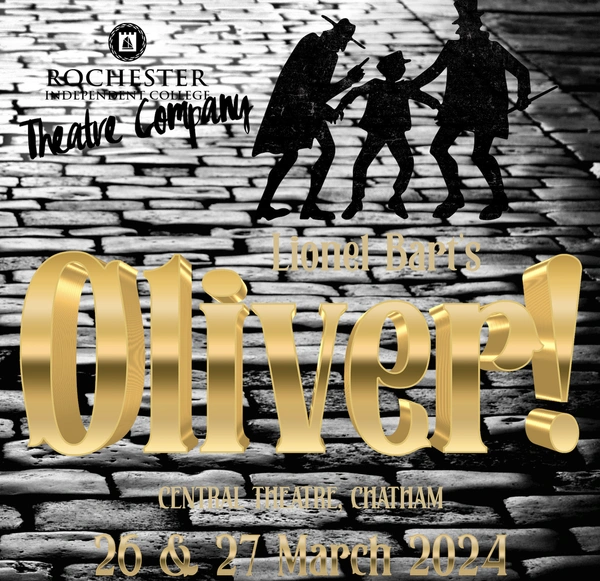
1 / 4
Over this year, I have grown as a person, I’ve discovered that I don’t just fit into one box. RIC helped me regain my confidence in drama and essay writing too and has shown me other interests to be passionate about. I am really excited about the course at E15.
Exam Specifications
The BTEC is taught over two years.
Year 1 is the Foundation diploma which is equivalent to 1.5 A levels. Year 2 is the extended certificate which is also equivalent to 1.5 A levels. Both years combined equal 3 A levels
Course Overview
Learners will take part in practical sessions, workshops and short projects that explore performance styles. Sessions will look at the development of performance styles throughout history. Learners will explore these styles practically by taking part in short projects, where they will look at and develop skills and underpinning knowledge related to working with different styles, including:
how genres and styles relate
how styles use performance elements
technical conventions of genres
practical preparations for performing in different styles
the interpretation of the performance of different styles.
In these short projects, learners should produce a performance, in either a live or a filmed context, for at least three performance styles, such as:
• physical theatre
• classical theatre (could include Greek/Shakespeare)
• scripted performance.performance for screen • musical theatre
• mime
• spoken word
• puppetry
• performance arts.
Summary of Learning and Teaching
• Performance styles
• Contextual factors of performance work
• Developing performance techniques
• Developing a performance
• Developing performance creation skills
• Developing professional skills
• Performing arts in the community
• Critical reflection
• Learning and teaching areas
• Exploring the development of performance styles in history. • Exploring characteristics of performance styles.
• Interpreting performance styles.
• Exploring social and cultural factors of work.
• Using production and performance elements in context.
• Exploring practitioners’ work.
• Identifying performance techniques.
Exploring performance techniques
• Refining performance techniques. Identifying and analysing material. Developing material.Performing material. • Exploring performance creation techniques.
• Developing material.
• Presenting a created performance.
• Planning and organising a project. Identifying, setting up and using necessary equipment/props/space. Adhering to professional practice in rehearsal.
• Exploring performing arts in the community. Developing material for a community purpose. Performing a community-based piece.Critically analysing processes and performance. Presenting critical analysis.
Assessment objectives
1. Create and develop ideas to communicate meaning for theatrical performance
2. Apply theatrical skills to realise artistic intentions in live performance
3. Demonstrate knowledge and understanding of how drama and theatre is developed and performed 4. Analyse and evaluate (their own work and) the work of others.
Component 1 – Devising Theatre
40% of qualification - internally assessed/ externally moderated (Winter Term)
Using a stimulus provided by the exam board, the students create a piece of drama and incorporate the techniques of a specific theatre practitioner or company.
They will be assessed in three areas: Portfolio of Evidence, Performance, Evaluation
Portfolio of Evidence
This is a written document where the students have to analyse how they created their piece focusing on the response to the stimulus, the development of the play and how they refined their work
Performance
The students will present their piece of drama for assessment in groups of 2-5. They can use costume, lighting and sound where appropriate to enhance their piece.
Evaluation
In exam conditions, the students will write an evaluation of their performance in an hour and a half. They will analyse and evaluate the realisation of their role or concept, the effectiveness of their contribution and the final performance.
Component 2 – Performing from a Text
20% of qualification – assessed by visiting examiner (Spring Term)
The students are given two extracts of the same play and must choose sections from each extract to present for assessment. They will be assessed on:
1. Their application of performance skills to realise their artistic intentions
2. Their interpretation of and the engagement with the text
3. Their contributions to the pieces as a whole
Component 3 – Interpreting Theatre
40% of qualification – externally assessed 1hr 30mins written paper (Summer Term)
Section A – Set Text
The students will study one of the set texts supplied by the exam board. They will answer a variety of questions exploring the different aspects of theatre such as:
● Actor
● Designer
● Lighting
● Sound
● Set and Props
● Costume Director
Section B – Response to Live Theatre
The students will analyse and evaluate how meaning is communicated through live theatre. They will answer one question out of a choice of two about one live production they have seen during the course.
Theatre trips that steal the show
With London on the door-step, RIC students are able to enjoy a huge range of theatre trips and we often hit the West End as well as some more quirky venues in the evening. Recent trips include the stage shows of Stranger Things and Edward Scissorhands, ‘Witness for the Prosecution,’ the latest immersive site-specific Punchdrunk show- a dystopian “future noir” retelling of the fall of Troy- ‘The Burnt City,’ Complicite’s revived Mnemonic at the National Theatre, Swan Lake at the Royal Opera House, Cush Jumbo in a gender switching ‘Hamlet’ at The Young Vic, Mark Rylance in the return of Jez Butterworth’s ‘Jerusalem’ and musical sensations ‘Hades Town’ 'Wicked' ‘Cabaret’ ‘Six’ ‘Hamilton’ and ‘Dear Evan Hanson.’
Theatre is a space for exploring the extremes of human emotion, from the heights of joy to the depths of despair.